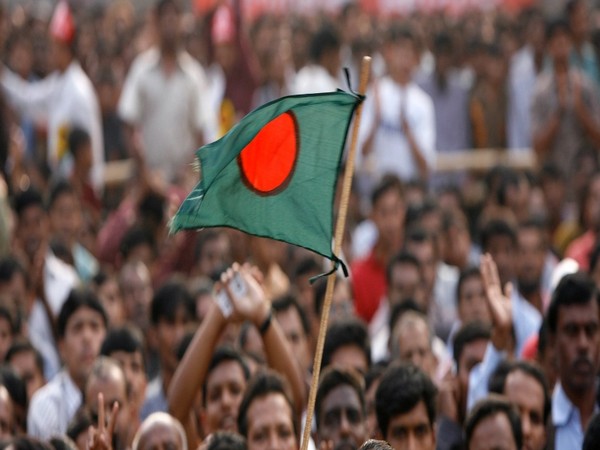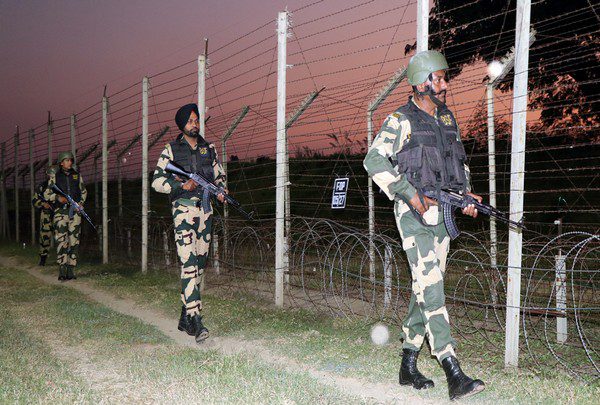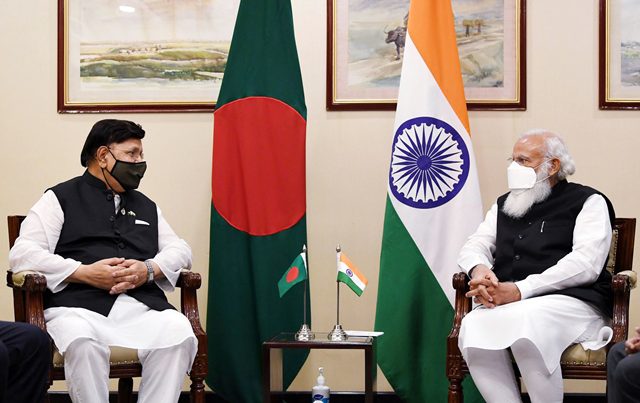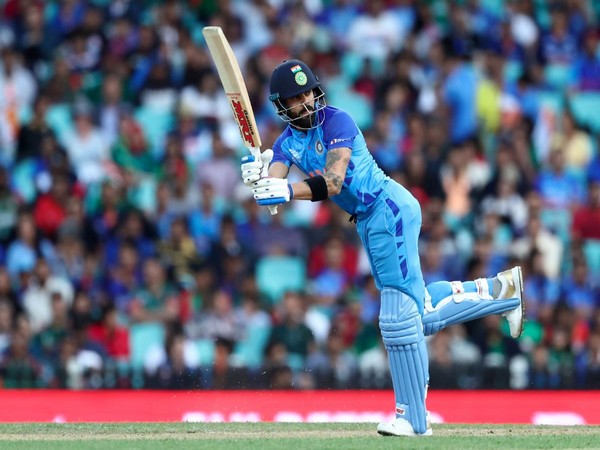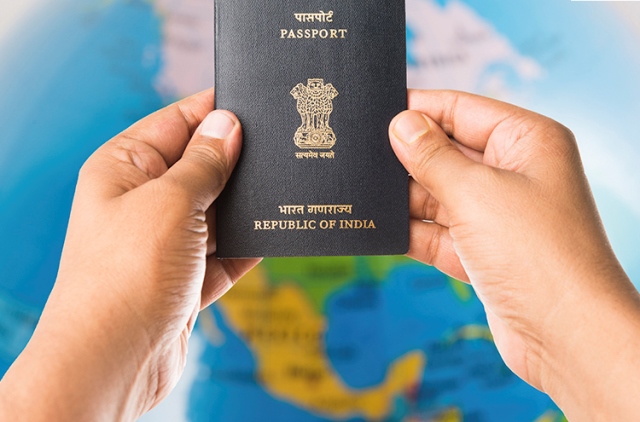The war crimes committed by Pakistan against the Bengalis, especially Hindus in what was then East Pakistan, amount to no less than genocide and the perpetrators should be brought to justice, Gatestone Institute, a think tank, said in a report.
Citing the ‘Hindu American Foundation’, it stated that the Pakistan conflict in the East Pakistan (now Bangladesh) region led to the massacre of an estimated three million East Pakistani citizens, the ethnic cleansing of 10 million ethnic Bengalis who fled to India, and the rape of at least 2,00,000 women; while some estimates put the number of rape victims at closer to 400,000.
Notably, Hindus were the targets of this violence, as documented by official government correspondence and documents from the United States, Pakistan, and India, it noted.
Due to the Pakistan military’s conflation of Hindu, Bengali, and Indian identities, all Bengalis were the suspects in their eyes and were treated as one and the same.
This conflict also affected the Bengali Muslim, Christian, Buddhist, and other religious groups.
By the end of the first month in March 1971, 1.5 million Bengalis were displaced. By November 1971, 10 million Bengalis, the majority of whom were Hindu, had fled to India, the think tank cited Hindu American Foundation, it noted.
Rudolph Joseph Rummel (1932-2014), the leading American scholar of genocides, rightly stated that the amount of hate among the Western Pakistanis and their fundamentalist Muslim collaborators was so high that, for them ‘the Hindus among the Bengalis were as Jews to the Nazis: scum and vermin that should best be exterminated.’
Stichting BASUG (Bangladesh Support Group), a non-governmental organization has cited the estimates of the Bangladesh Government, according to which 3 million people were killed, over two-hundred thousand women were sexually and physically violated, and 10 million people were forced to cross the border into India, leaving behind their ancestral homes and worldly possessions just to save their lives and dignity of their women.
Over 20 million citizens were internally displaced in search of safety. Newspapers, magazines and publications which are available in libraries and archives all around the world bear testimony to this fact.
“Although this genocide took place after the Turkish genocide of Armenians, Assyrians and Greeks (1913-1923), and after the German genocide of the Jews (1938-1945), it was no less deadly,” the think tank stated.
It also cited the letter to the UN, stating, “We must recall that the 1971 GENOCIDE in Bangladesh conceived by the Pakistani authorities, planned and perpetrated by the Pakistani military aided by their Bihari and Bengali collaborators is one of the world’s gravest mass atrocities witnessed after the Second World War.”
The genocide began on March 25, 1971, after the Pakistan government launched Operation Searchlight began a military crackdown on Bangladesh to suppress Bengali calls for self-determination.
The genocide against the ethnic Bengali and Hindu religious communities lasted for 10 months
This led to the 10-month Bangladesh liberation war and later a 13-day India-Pakistan war. Both ended on December 16, 1971, with Pakistan’s humiliating surrender.
The recent letter from Stichting BASUG to the UN secretary-general demanded “the ‘International Recognition of the 1971 GENOCIDE’ committed against the Bengali nation by the Pakistani occupation army and their collaborators during Bangladesh War of Independence,” the think tank stated.
Dr Rounaq Jahan, a Bangladeshi political scientist, while detailing the persecution of people in what was then East Pakistan, stated that the Bengalis had to defend not just their language, but also their culture, art and literature as Pakistan, all these were too ‘Hindu leaning’.
“The Bengalis had to defend not only the right to practice their own language, but other creative expressions of their culture such as literature, music, dance, and art. The Pakistani ruling elites looked upon Bengali language and culture as too ‘Hindu leaning’ and made repeated attempts to ‘cleanse’ it from Hindu influence. First, in the 1950s, attempts were made to force Bengalis to substitute Bengali words with Arabic and Urdu words. Then, in the 1960s, state-controlled media such as television and radio banned songs written by Rabindra Nath Tagore, a Bengali Hindu, who won the Nobel Prize in 1913 and whose poetry and songs were equally beloved by Bengali Hindus and Muslims. The attacks on their language and culture as ‘Hindu leaning’ alienated the Bengalis from the state-sponsored Islamic ideology of Pakistan, and as a result the Bengalis started emphasizing a more secular ideology and outlook,” the think stated quoted the political scientist as saying.
It added, “The Bengali nationalist movement was also fuelled by a sense of economic exploitation. Though jute, the major export-earning commodity, was produced in East Pakistan, most of the economic investments took place in West Pakistan. A systematic transfer of resources took place from East to West Pakistan, creating a growing economic disparity and a feeling among the Bengalis that they were being treated as a colony by Pakistan.”
According to the Hindu American Foundation, Bangladesh’s independence from Pakistan was a culmination of several longstanding factors, including linguistic and cultural repression, economic marginalization, political disenfranchisement, and a quest for greater provincial autonomy.
The Pakistani military and civilian elite sought to create a cohesive polity unified by Islam and the Urdu language. In the process, they suppressed the Bengali culture and language, which they thought was too close to Hinduism and hence, a threat to their conception of an Islamic nation.
Once the Bangladesh independence movement was launched in 1971, it was met with a brutal genocidal campaign by the Pakistani army and local Islamist militias
The think tank further cited Kimtee Kundu from Harvard International Review, who writes about the motives of the perpetrators of this genocide, stated that Pakistan aimed at the enforcement of Islamic unification of the west and east, when Pakistan was predominantly an Islamic, Urdu-speaking region, while Bangladesh was both a Hindu and Islamic, Bangla speaking region
“Started as a mission to maintain autocratic Pakistani governance over the self-determination driven Bangladeshis, the operation intended to capture activists, intellectuals, and troopers. However, they were not the only victims. The humanitarian crisis broke loose as millions of civilians endured the violent realities of displacement, financial instability, trauma, and death,” the think tank quoted Kundu as saying.
It added, “Pakistan’s leaders also aimed to enforce Islamic unification of the West and the East. Due to differences between Pakistani and Bangladeshi communities, intolerance spread from a multitude of aspects. Pakistan was predominantly an Islamic, Urdu-speaking region; meanwhile, Bangladesh was both a Hindu and Islamic, Bangla-speaking region. As the Pakistani leaders, or the then Muslim League, determined, these apparent differences made Bangladeshis undesirable and inferior, especially given the Pakistani agenda to create an Islamic nation. Consequently, the Bangla language–which relates more to Hinduism and Sanskrit–was deemed undesirable, and those who were Hindu were the primary targets. Fearing the dangers of war, over 10 million Bangladeshis fled.”
Massimo Introvigne, a prominent sociologist of religions, even said that one of the major goals of the Pakistanis and their collaborators in 1971 was to “exterminate the Hindu community by killing all males”.
“The roots of the ideology considering the Eastern Pakistanis ‘inferior’ or ‘bad’ Muslim was… the accusation that they were ‘crypto-Hindus,’ and had included in their religious practices Hindu elements that had tainted their faith,” the think tank quoted Introvigne,” he said.
Two third of the eight million refugees who escaped out of East Pakistan happened to be Hindus. A disproportionate number of Hindus were killed that year. In 1971, Hindus were some 20 per cent of East Pakistan’s population, yet it was estimated that they might have been 50 per cent of those killed, the think tank stated.
Rudolph Joseph Rummel, who compared this to the genocide of Jews by the Nazis, said that the major parallel between the two genocides is that the Western Pakistani army compelled the Hindus in then East Pakistan to have a yellow ‘H’ painted on their homes, to differentiate them.
“The parallel with the Nazi persecution of Jews is made even more appropriate by the fact that the Western Pakistani army compelled Hindus to have a yellow ‘H’ painted on their homes, thus designating those who lived there as targets for extermination. Hindu women, however, in most cases were not killed but massively raped, forced into prostitution, or forcibly married to Western Pakistani soldiers and local collaborator militiamen, just as it happened to their Muslim Bengali counterparts,” the think tank quoted Rummelm as saying.
“Academic research and scholarship related to the study of genocide have largely recognized the historical event of 1971 as GENOCIDE,” according to the Stichting BASUG’s letter to the UN.
“The recent issuance of a statement by the International Association of Genocide Scholars (IAGS) recognizes the Genocide and calls for action by world bodies. The world body of Genocide scholarship is fully convinced of the fact that documentation available on Bangladesh Genocide in 1971 is quite adequate for recognition by the UN and countries across the globe,” the letter stated.
It added, “New generations across the world must know what happened in Bangladesh in 1971. We must learn from atrocities in the past to prevent future ones to achieve the universal goal of ‘Never again’, which was the prime goal while enacting the UN Genocide Convention. Early recognition of the Bangladesh Genocide is crucial today to champion the cause of protecting human rights, practising what we preach, and preventing more genocides to happen in the future while holding perpetrators accountable for the crime they committed”.
Stichting BASUG further demanded the recognition of the genocide so that justice can be provided to the victims of the atrocities and bring the perpetrators to justice.
“Therefore, we strongly demand that the 1971 GENOCIDE be recognized to give justice to the victims of the atrocities and bring the perpetrators to justice. We also call upon the United Nations General Assembly and other international entities to formally recognize the Bangladesh GENOCIDE of 1971 – one of the darkest yet most overlooked chapters in human history. We believe that only through confronting the past with sincerity and truth, rising above narrow political interests, we can acknowledge our shared humanity and join hands for a safer, peaceful world,” the letter stated.
Gatestone Institute further called out for the perpetrators of the crimes against humanity and war crimes, committed by the Pakistani military against millions of people due to their ethnicity, religion, language and political views to be held accountable. (ANI)
Read More: http://13.232.95.176/
